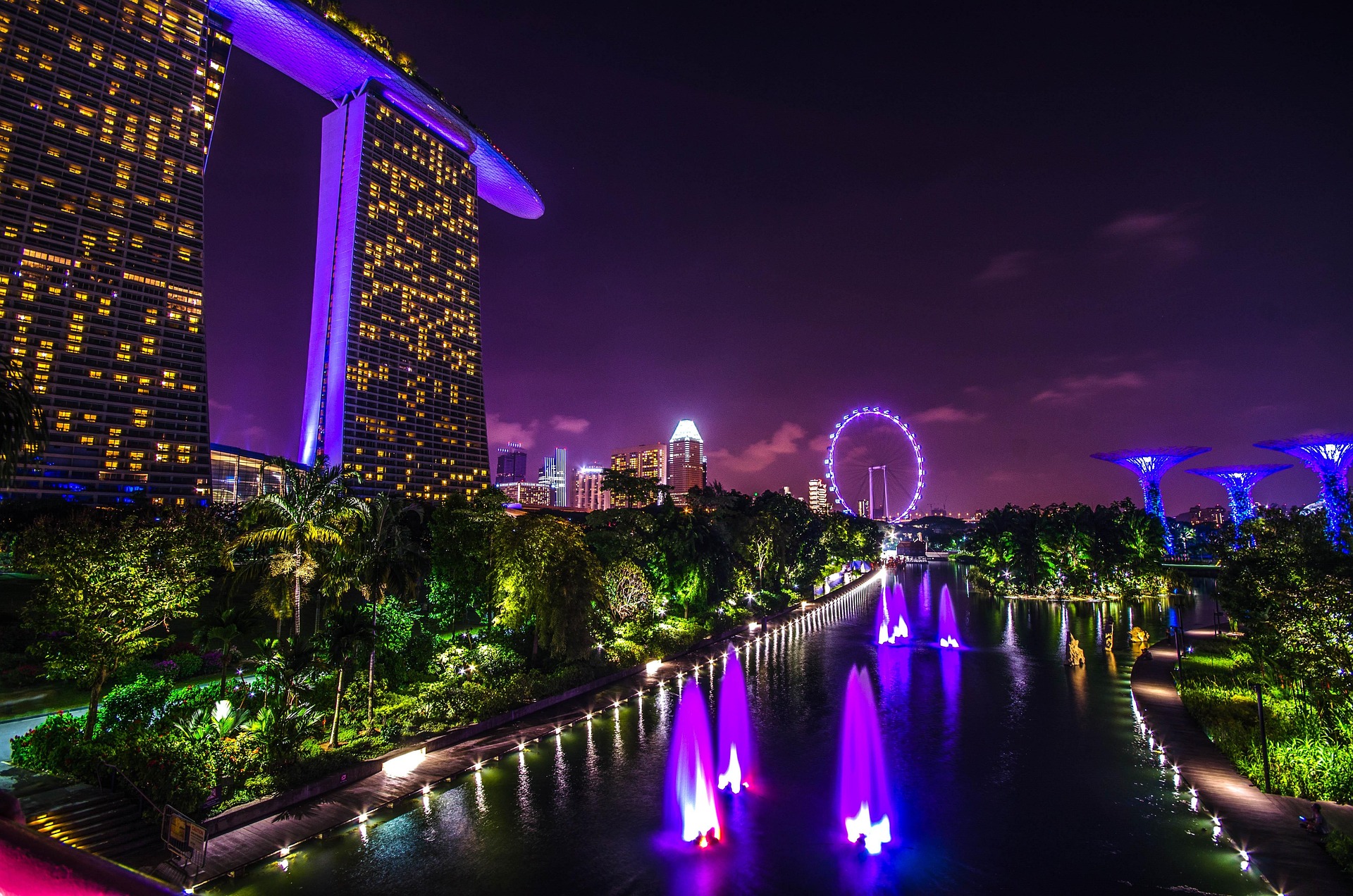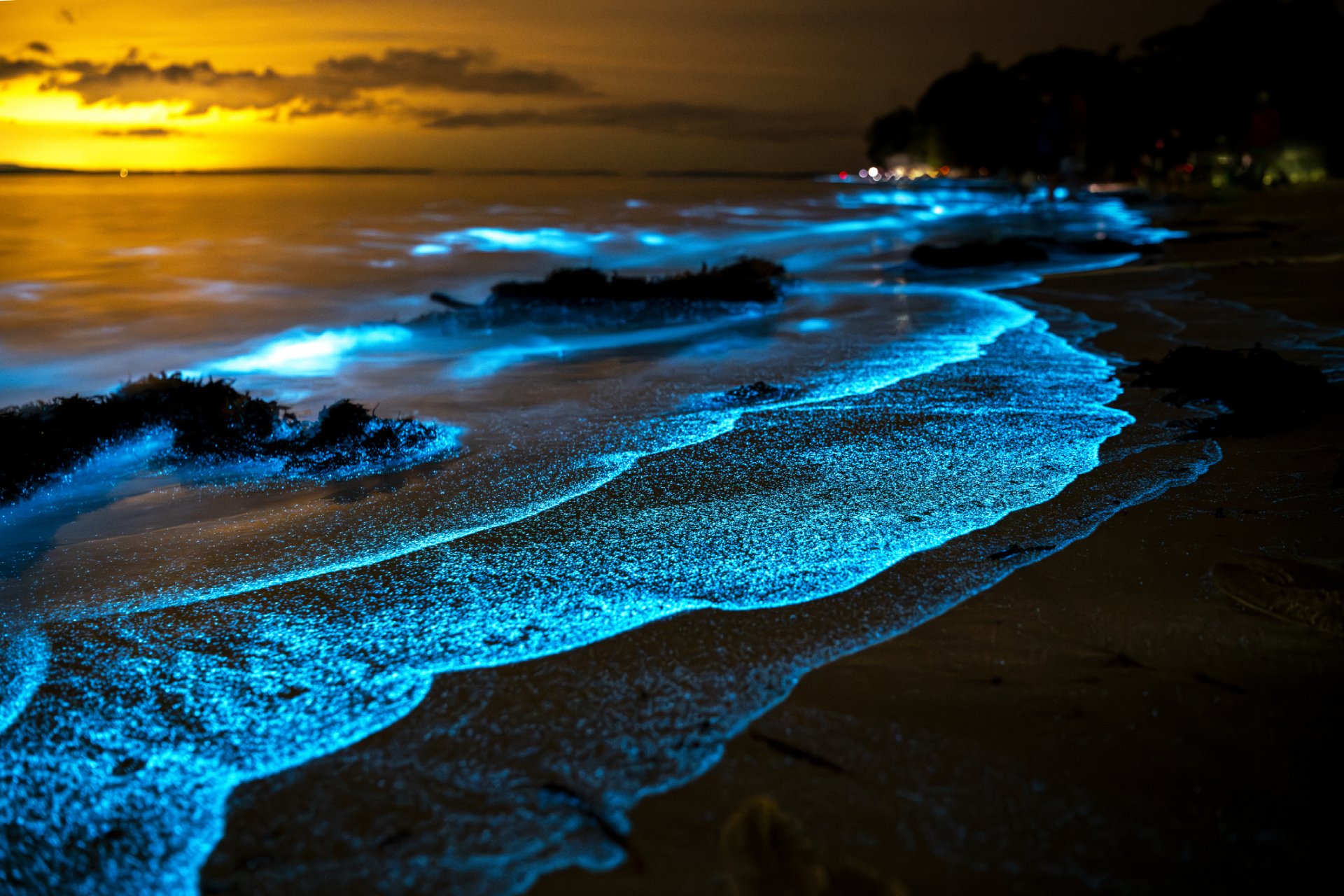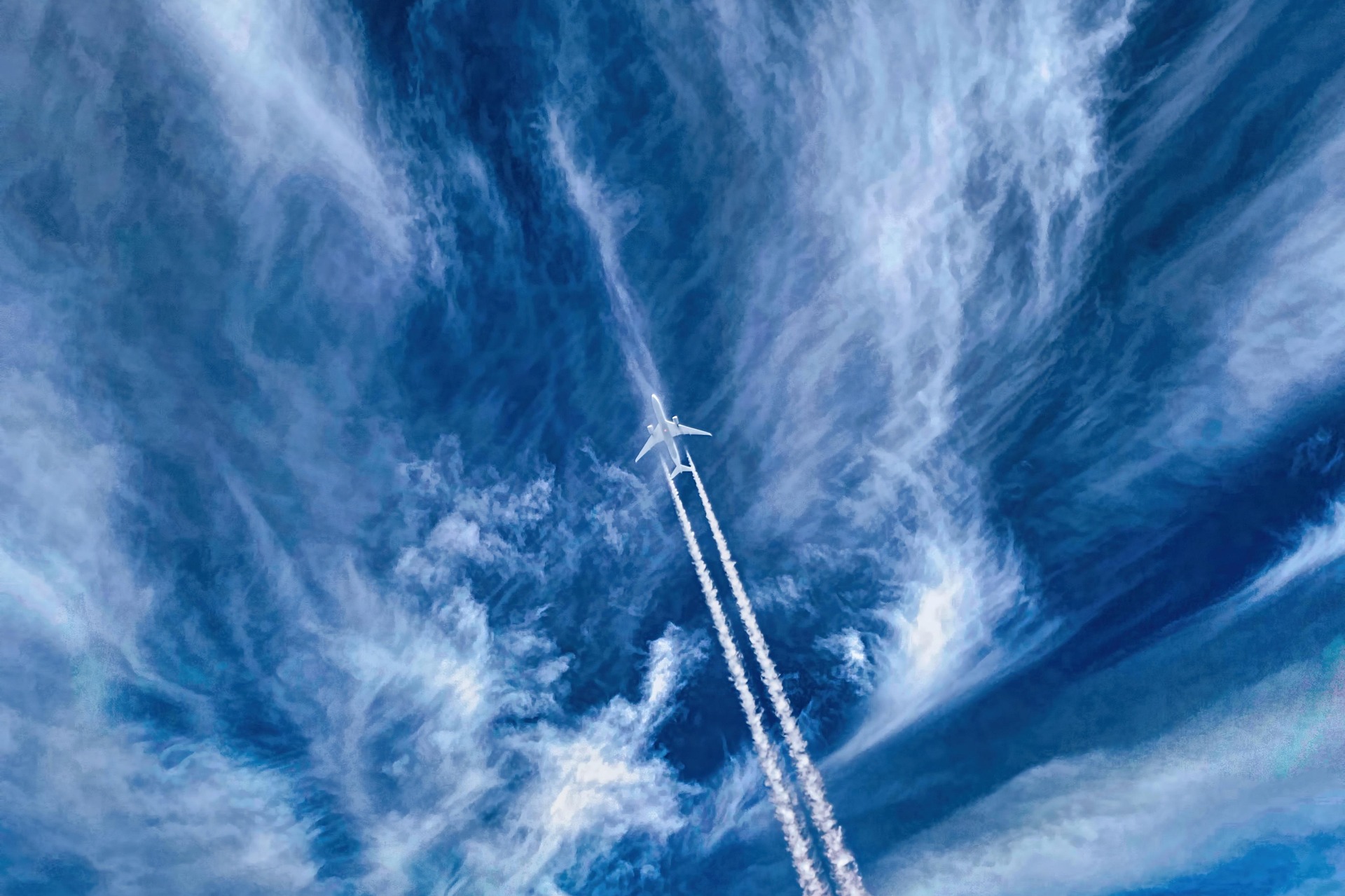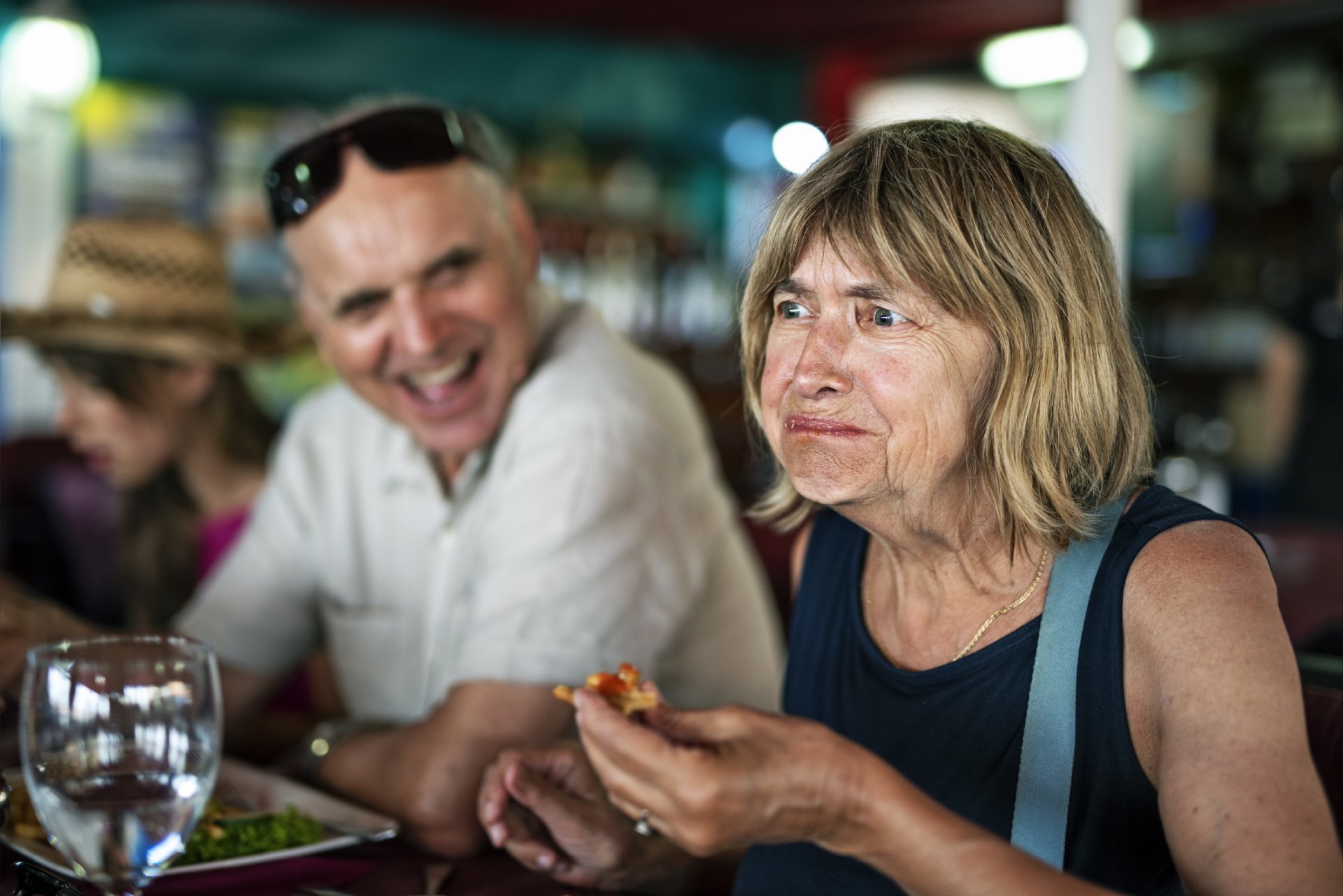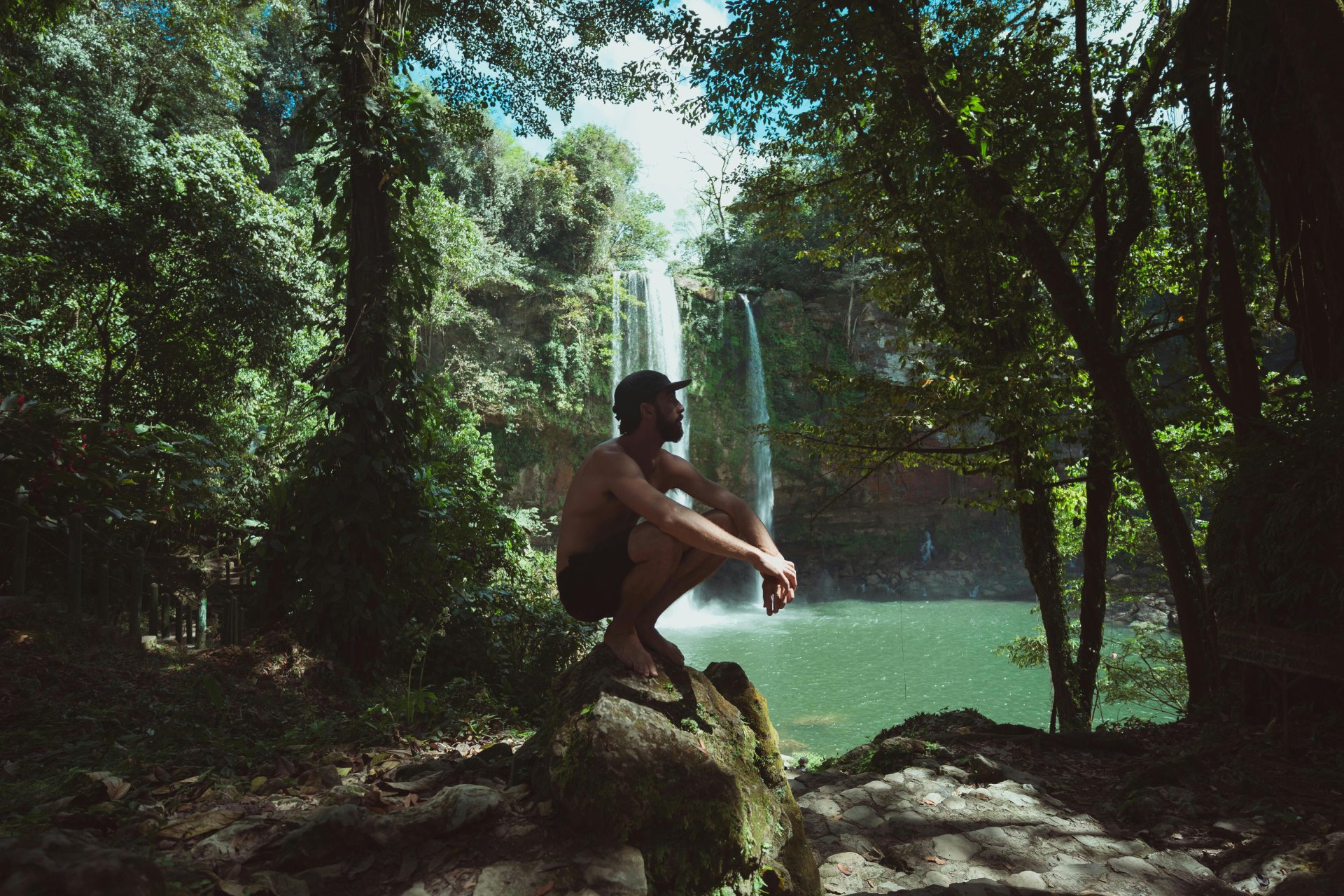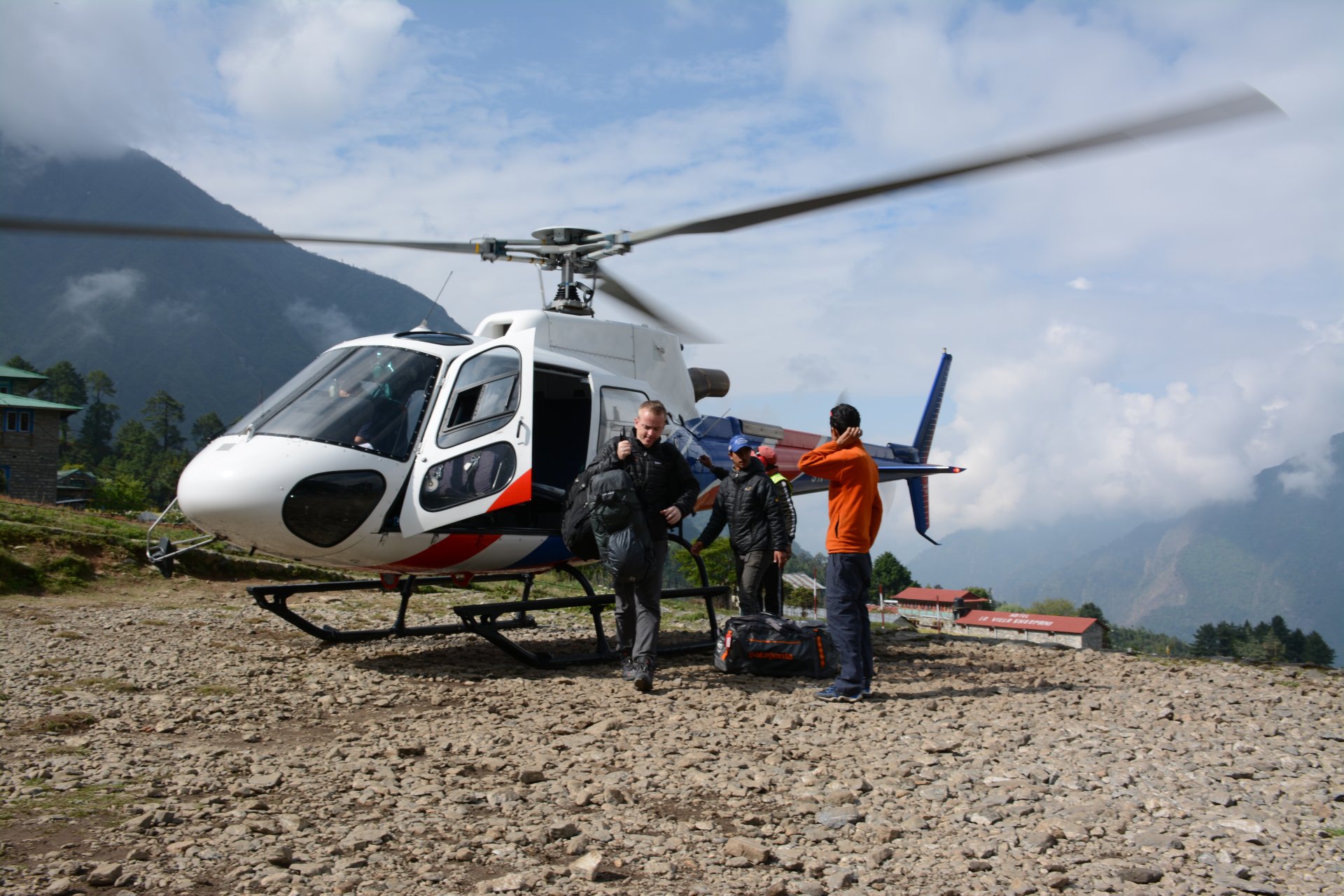Article Highlights:
- Singapore’s world-class cuisine, vibrant arts scene, and adventure opportunities attract millions of visitors annually.
- The city-state’s excellent public transportation and low crime rates make it an ideal destination for solo travelers.
- Singapore’s strict laws and cultural etiquette make it one of the cleanest and safest cities in the world.
- Singapore Changi Airport (SIN) is a destination itself, offering unique attractions like a butterfly garden and rooftop pool.
- Travelers should be mindful of banned medications, strict rules on chewing gum, and tipping customs.
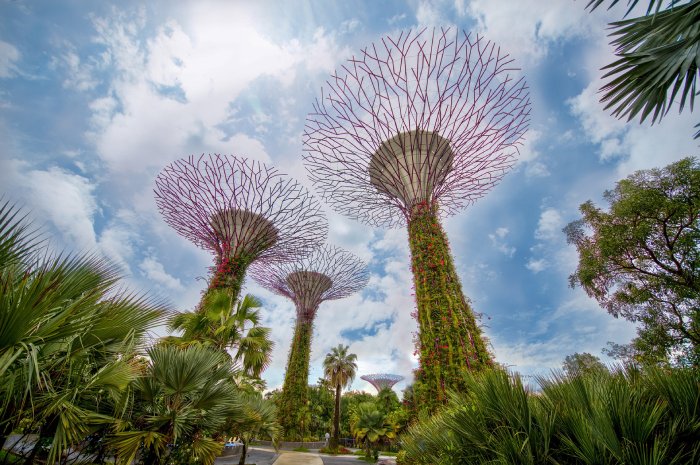
Singapore is a destination that effortlessly blends tradition and innovation. Whether you’re drawn by its Michelin-star Street food, breathtaking skyline, or pristine beaches, the city-state offers an experience like no other. With its safety, cleanliness, and world-class attractions, Singapore remains a top choice for travelers seeking adventure, luxury, and cultural immersion. The best months to visit are February to April, when the weather is mild, and there are fewer crowds. Singapore experiences the heaviest rainfall from November to January due to the monsoon season.
Exploring Singapore: Essential Customs and Travel Tips for an Unforgettable Visit
Singapore, Southeast Asia’s bustling city-state and economic hub, is a dream destination for travelers seeking a seamless blend of modernity, culture, and adventure. With its ultra-clean streets, world-class attractions, and efficient public transportation, the Singapore capital city is an ideal place to visit for both first-time tourists and seasoned globetrotters. However, navigating Singapore’s customs, culture, and laws requires some preparation. Here’s what you need to know before you travel to Singapore.
Singapore Cuisine: A Food Lover’s Paradise
Singapore cuisine is legendary, with iconic dishes such as:
- Hainanese Chicken Rice – A fragrant, juicy dish served with rice and dipping sauces.
- Chili Crab – A spicy and tangy seafood delicacy.
- Laksa – A flavorful noodle soup with coconut milk and seafood.
- Hokkien Mee – Stir-fried noodles infused with prawn stock.
- Satay – Grilled skewers served with peanut sauce.
For an authentic experience, visit Singapore’s hawker centers, such as Maxwell Food Centre and Lau Pa Sat.
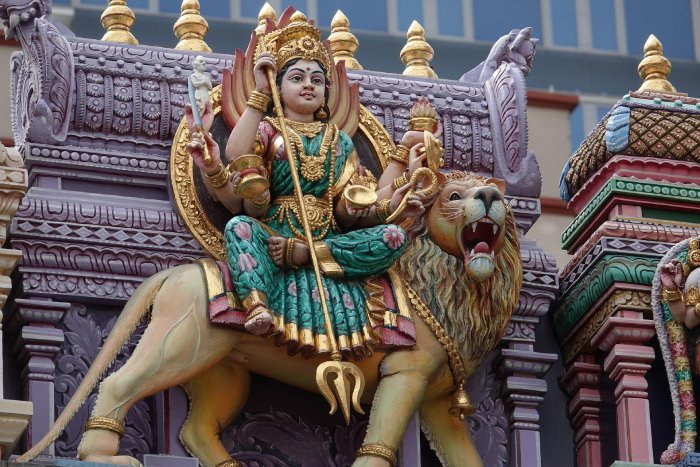
Museums, Art, and Music
Singapore boasts a thriving arts scene, from contemporary galleries to traditional museums. Must-visit cultural attractions include:
- National Gallery Singapore
- Asian Civilisations Museum
- ArtScience Museum
- Esplanade – Theatres on the Bay (for live performances)
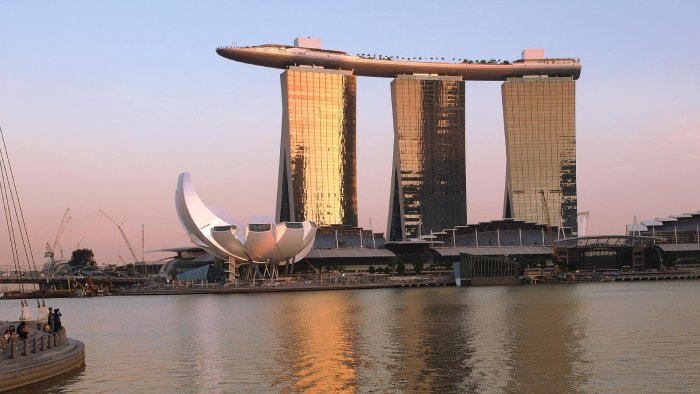
Adventure and Outdoor Attractions
For thrill-seekers, Singapore offers exciting adventure opportunities, including:
- Sentosa Island: Home to Universal Studios Singapore and Adventure Cove Waterpark.
- Night Safari: The world’s first nocturnal zoo experience.
- Gardens by the Bay: A futuristic garden with towering Supertrees.
- Marina Bay Sands SkyPark: Stunning panoramic views of the city skyline.
Spas and Wellness: Relaxing in Luxury
Singapore is home to world-class spas offering traditional treatments like Balinese massages, herbal steam baths, and reflexology. The city’s wellness scene is perfect for those looking to unwind after a day of sightseeing.
Singapore Communication, Culture, and Customs
Singapore is a multilingual society where English is widely spoken and serves as the official business language. Other common languages include Mandarin, Malay, and Tamil. Travelers will have little difficulty navigating the city, as signs and public transport announcements are in English.
Singapore culture is a harmonious blend of Chinese, Malay, Indian, and Western influences. This multiculturalism is reflected in everyday customs, cuisine, and festivals. Travelers should be mindful of the following cultural norms:
- Public displays of affection are frowned upon in some areas.
- When giving or receiving items, use both hands to show respect.
- Avoid pointing with your index finger—use an open palm instead.
- Removing shoes before entering homes and certain temples is customary.
- Tipping is not a standard practice since service charges are included in bills.
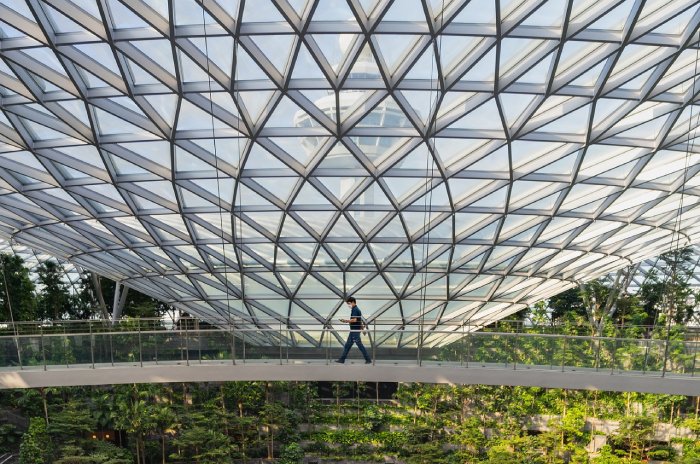
Getting to and Getting Around Singapore
Singapore Changi Airport (SIN) is consistently ranked among the world’s best airports, featuring incredible amenities such as a butterfly garden, an in-airport cinema, a rooftop swimming pool, and playgrounds for kids. Parents can unwind in luxury lounges while children enjoy play zones, making Changi a standout gateway to Singapore.
Singapore’s MRT (Mass Rapid Transit) system is one of the best in the world—fast, affordable, and clean. Buses and taxis are also readily available. The EZ-Link card provides seamless access to buses and trains, making commuting hassle-free.
Most travelers can enter Singapore visa-free for up to 30-90 days, depending on nationality. Ensure your passport is valid for at least six months from your arrival date. Check with Singapore’s immigration authorities for the latest requirements before travel.
Safety, Crime, and Health Precautions
Singapore is one of the safest cities in the world, with low crime rates and strict laws ensuring order. However, travelers should be aware of the following:
- Unusual Laws: Chewing gum is illegal. Anti-anxiety medications and certain painkillers like tramadol and codeine require special permits. Always carry prescriptions.
- Healthcare: Singapore has excellent medical facilities. Travelers should have travel insurance in case of emergencies.
- Emergency Response: The city’s emergency services are highly efficient, with quick response times for medical and security-related issues.
- Natural Disasters: Flooding is Singapore’s most common natural disaster, especially during the monsoon seasons. However, the city-state has excellent drainage infrastructure to mitigate risks.
The Global Rescue Connection
When traveling to new destinations, the body can encounter unfamiliar pathogens and become ill. Travelers should always take precautions and have medications like loperamide and rehydration solutions.
Tourists with Global Rescue memberships have access to 24/7 medical advisory services, including assistance with finding doctors, locating pharmacies, and providing prescription support. Global Rescue’s experts are equipped to help travelers in emergencies, whether they need antibiotics, advice on hydration, or a nearby healthcare provider.
Preparation doesn’t stop at medication, however. Global Rescue encourages travelers to research healthcare access at their destination and carry travel insurance for emergencies. With the proper precautions, a little planning, and access to the best treatments, tourists can stay healthy and enjoy their adventures worry-free.
A Global Rescue membership offers more than advice. With emergency field rescue and evacuation services available 24/7, members can receive medical support even remotely.

